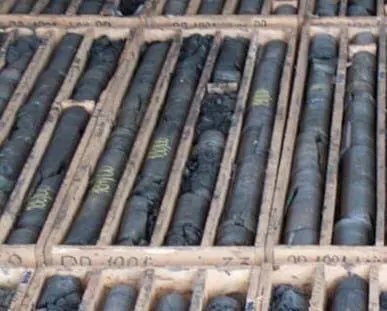
Aerospace

Agriculture & Biosystems

Biomedical

Chemical

Civil

Computer Science

Electrical

Environmental

Industrial

Manufacturing

Materials Science

Mechanical

Mining & Metallurgical

Nuclear

Petroleum
Project Management
Petroleum Engineering

Energy is at the center of our daily lives—from powering our individual needs to fueling our collective resources. As an petroleum engineer, you’ll work in the United States and abroad on discovering new gas and oil sources, researching new technologies to environmentally and efficiently extract more gas and oil, building out new oil and gas fields, and streamlining production operations. In the exciting field of petroleum engineering you’ll be powering our future in an environmentally responsible way.
Petroleum Engineering Overview1
$137,330
Median salary
28,500
Number of jobs in 2020
8%
Expected job growth over next 10 years
Jobs and education
4-year degree:
- Work with geologists and other scientists to discover new gas and oil fields
- Design a computer simulation to predict the quantity of oil or gas in an existing or newly discovered field
- Design equipment to extract oil and gas in a efficient and safe manner
- Oversee well testing to make sure operations are safe and effective
- Use computer-controlled drilling or fracturing to connect a larger area of an oil and gas deposit to a single well
2-year degree:
- Work in a variety of industries from power to waste to pharmacology in offices, labs, or out in the field.
- Help find oil, natural gas, metals, and other materials and assess the environmental impact of extraction.
Explore more
Make a donation
References:
1. US Bureau of Labor Satistics
https://www.bls.gov/ooh/architecture-and-engineering/petroleum-engineers.htm



